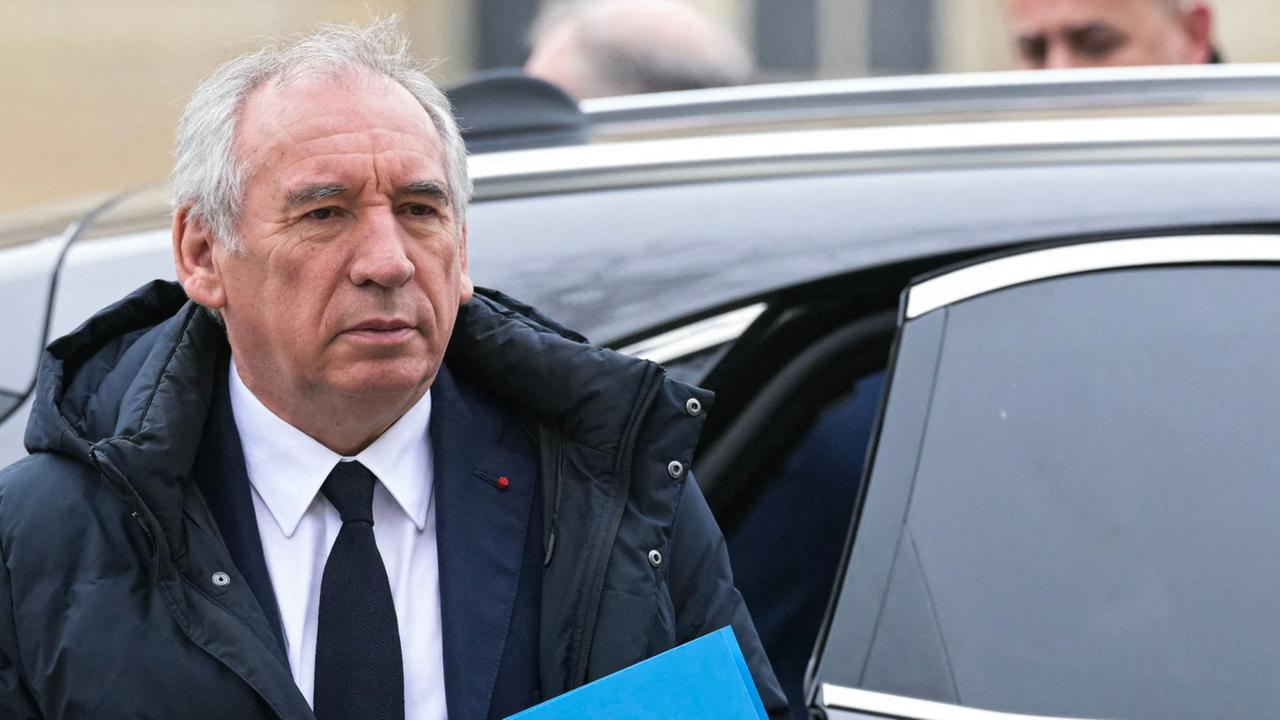In December, the dispute over the budget led to the fall of the French government at the time. Now the Senate has passed the overdue budget. Premier Bayrou had to survive two no confidence the evening before.
In France, the parliament has adopted the budget for the current year. A majority of 219 to 107 senators voted in the upper house for the legal text. The step was preceded by months of negotiations.
With its budget, the center-right government wants to reduce the state deficit-among other things through lower expenses. The aim was to launch the deficit of around 6.1 percent last year to 5.4 percent of economic output last year. In 2029 it should be again below the European limit of three percent.
Two No -confidants survived
France's previous minority government under Michel Barnier was overturned by the left and right -wing opposition in the dispute over the social budget. The budget negotiations were also a tear test for Premier François Bayrou. He ultimately pressed the budget without an final vote by the National Assembly, the lower house of the parliament.
After numerous talks with the government, the socialists Bayrou finally supported two distrust vote on the evening before. Despite criticism of the budget, the right -wing national MPs around Marine Le Pen did not face the government.
Bayrou had relied on the constitutional paragraph 49.3 to adopt the two laws without the final vote. This is possible if he accepts a vote of no confidence. France's call was at risk if the country had no household, he had said before the National Assembly.
Deficit of the EU Commission
The budget provides for a special tax for wealthy households and a special tax for the largest companies that are supposed to bring in ten billion euros. In August, VAT to gas and electricity is also to increase from 5.5 to 20 percent. The tax on flight tickets in Europe is expected to increase to 7.30 euros.
The budgets for development cooperation, environmental protection, culture and agriculture are shortened. The funding of the national service for young people, which President Emmanuel Macron wanted to introduce nationwide, is also reduced. The medical care of people without the right to stay remains after violent debates at the level of the previous year. The left opposition had also reached that 4,000 teaching positions would not be canceled as planned.
Due to excessive debt, a deficit procedure from the EU Commission runs against France.




